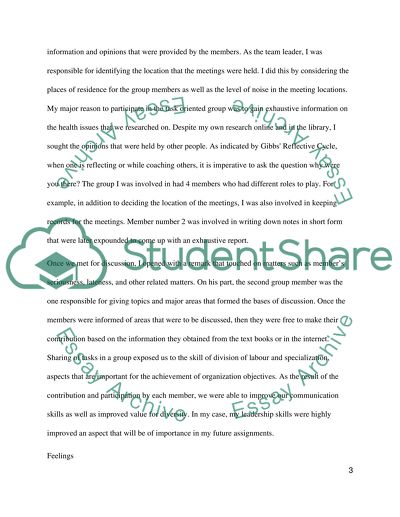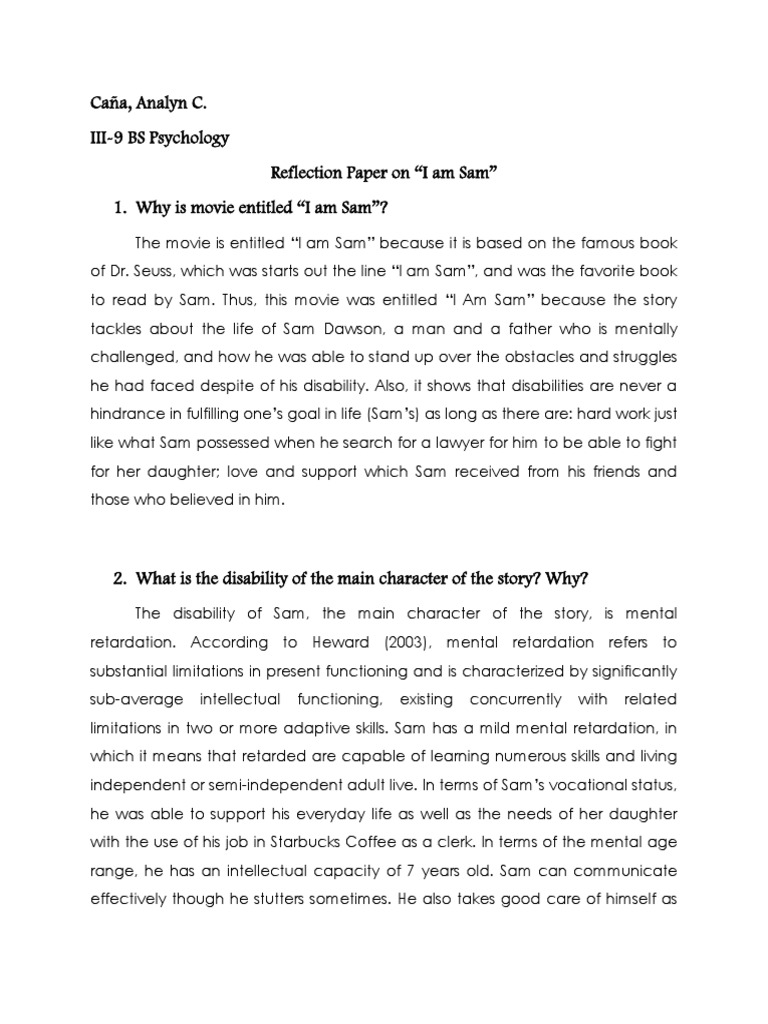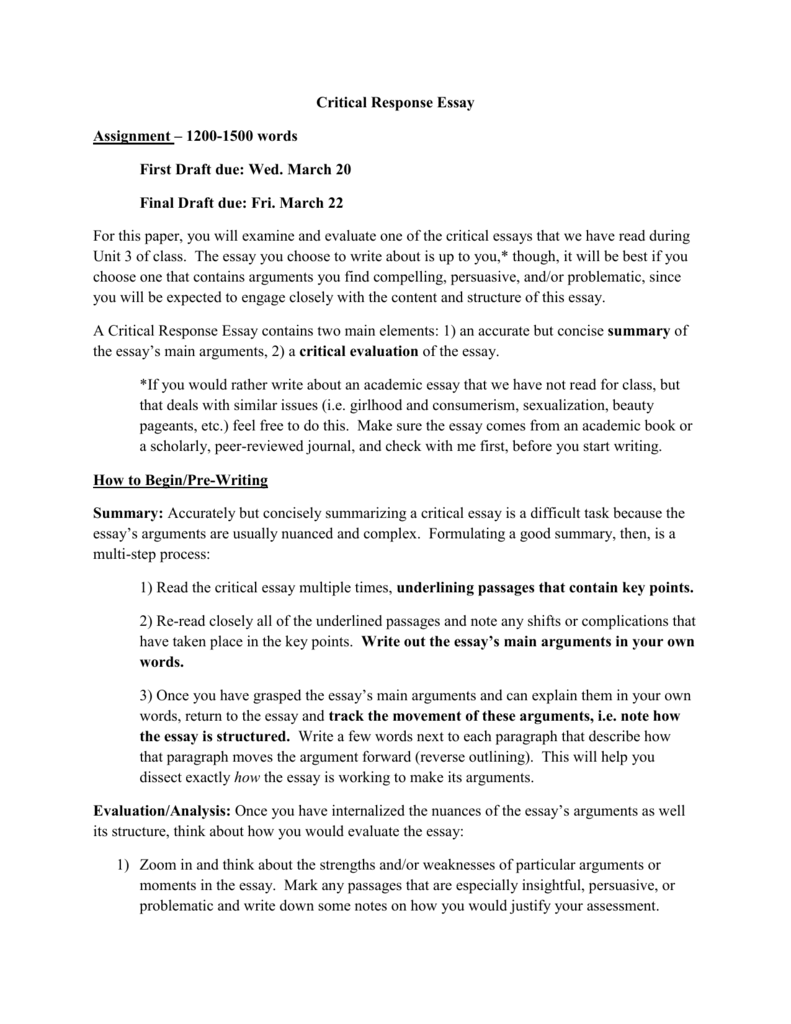
The structure of reflective writing. Reflective writing can take a number of forms. Sometimes it is given as a stand-alone assessment task, for example, when you’re asked to reflect on your own learning in light of educational theory. Yet, reflective writing in Education is more commonly incorporated into other writing tasks, such as essays A short guide to reflective writing 7 Conclusion Reflection is a useful process even if you have not been set a specific reflective assignment. It helps you to make sense of and learn from your experiences. Many degrees involve assessed reflective writing. This is to allow you toFile Size: KB Some examples of reflective writing assignments include: analysing your experience of working on a group task critiquing a teaching or learning activity (self-review or peer review activities) critiquing your experiences on a placement or internship describing a critical experience in
Reflective Writing Guide | UNSW Current Students
View our latest COVID updates, reflective writing psychology. Reflective writing can take a number of forms. Yet, reflective writing psychology, reflective writing reflective writing psychology Education is more commonly incorporated into other writing tasks, such as essays. This means that the way you structure your writing will be determined by the purpose of the task, and the expectations of your lecturer.
However, regardless of which model or approach you use, several elements are generally present in reflective writing. When reflecting on an experience such as a classroom observation you might address the following questions in reflective writing psychology writing:. Whether reflecting on an experience, on your own learning, or both, you will need to make sure you include descriptionanalysis and outcomes or action.
Close Notification Close Notification Close Notification. Skip to content Skip to navigation, reflective writing psychology. Approaches to assignments in your faculty Art, Design and Architecture Architecture assignment 1 Architecture assignment 2 Art History and Theory essay Art History essay Industrial design assignment Visual analysis Arts Reflective writing in Arts Literary Studies essays Principles for writing a Literary Studies Essay Steps for writing a Literary Studies essay Sample Literary Studies essay History essay Writing philosophy essays Writing an annotated bibliography Writing an essay Stand-alone literature review Oral presentation Poster presentation Business and Economics Sample Business and Economics reflective essay Questions Evaluate a reflective essay Sample Business and Economics essay The reference list Writing an annotated bibliography Stand-alone literature review Note taking and summary notes flow-chart.
doc mind-mapping. doc summarising-cases. doc cornell-note-taking. doc linear-note-taking. doc evaluating-effectiveness-summary-notes. doc accessibility-note-taking-summary-techniques. doc Oral presentation Poster presentation Studying business law Writing case studies in Business and Economics Business and Economics report writing Education Skills for writing in Education Annotated essay Reflective writing in Education The structure of reflective writing Reflecting on learning Description vs.
analysis How to deepen the analysis Annotated bibliography Stand-alone literature review Oral presentation Poster presentation Engineering Writing an Engineering lab report Sample Engineering lab report Writing an Engineering technical report The role of 'the literature' Title page Summary Table of contents Introduction Body of the report Conclusions and recommendations References and appendices The stand-alone literature review The oral presentation The poster presentation Information Technology IT report: approaching the task IT report: structure Reflective writing in IT Law Academic integrity for law Why is academic integrity important?
What is academic integrity? How can I study with integrity? Test your understanding Find out more Reflective writing psychology note assignment Understanding case notes and marker expectations Identifying the elements of a case note Finding materials Analysing materials Better writing Summary Medicine, Nursing and Health Sciences Health Sciences case report Reflective writing and critical incidents Writing the comparative report Writing in Psychological Medicine 1.
Case history 2. Mental state examination 3. Physical examination 4. Summary and diagnosis 5. Formulation 6, reflective writing psychology. Management Writing an annotated bibliography Poster presentation Pharmacy and Pharmaceutical Sciences Essay writing in Pharmacy and Reflective writing psychology Science Reflective practice in Pharmacy and Pharmaceutical Sciences Reflecting in Pharmacy Reflecting in Pharmaceutical Science Science Writing a Science lab report The stand-alone literature review The annotated bibliography The poster presentation.
You are here: Home Approaches to assignments in your faculty Education Reflective writing in Education The structure of reflective writing The structure of reflective writing Reflective writing can take a number of forms. When reflecting on an experience such as a classroom observation you might address the following questions in your writing: Description — What happened? Analysis — Why did it happen? What were you feeling?
What theories reflective writing psychology help explain what happened? Are there other perspectives that challenge your views? Outcomes or Action — What did you learn? What would you do differently next time? Analysis — Are there aspects you found particularly interesting or challenging?
Does it tie in with anything you have learned in the past? Has it changed the way you think, reflective writing psychology, or affirmed something you already knew? Outcomes or Action — What else might you need to find out?
Do you have any questions? How might you incorporate or apply these ideas in the future, perhaps in your professional life?
How to write a reflective journal (Counselling \u0026 Psychotherapy)
, time: 7:34Reflective Writing: A New Hobby | Psychology Today

Some examples of reflective writing assignments include: analysing your experience of working on a group task critiquing a teaching or learning activity (self-review or peer review activities) critiquing your experiences on a placement or internship describing a critical experience in 21/3/ · Some ways in which reflective writing can help us heal include the following: 1. It encourages us to pay attention to the now. 2. It helps us be more aware of our feelings. 3. It helps cultivate an understanding of where we are, where we were, and where we’re going. 4. It helps us recognize the Psychology Reflective Essay. The psychology is called the “science of behavior” which means the study of human nature and activities. It is significant as it is involved with the research of actions

No comments:
Post a Comment